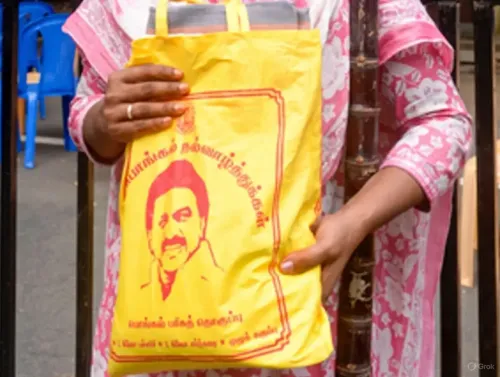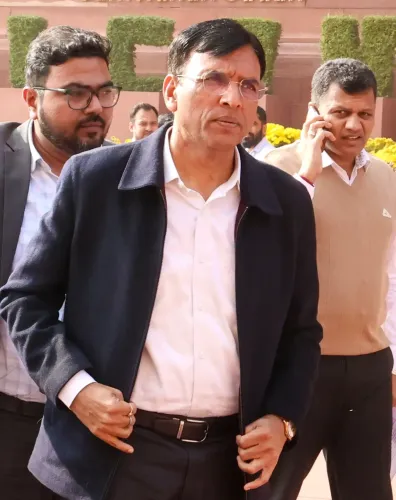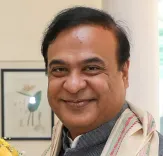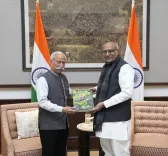Government Allocates ₹1,440 Crore in Grants for Rural Bodies Across Five States
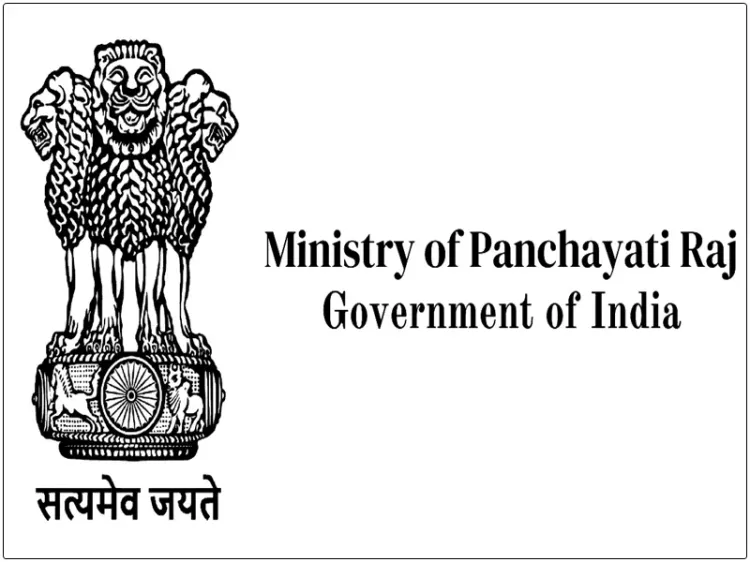
Synopsis
Key Takeaways
- Over ₹1,440 crore allocated for rural development.
- Funds distributed in two installments annually.
- Madhya Pradesh received the largest share.
- Grants bolster local governance and service delivery.
- Untied grants focus on specific local needs.
New Delhi, April 3 (NationPress) The Union government has allocated more than ₹1,440 crore in grants aimed at enhancing rural development in five states—Arunachal Pradesh, Gujarat, Madhya Pradesh, Nagaland, and Punjab—for the financial year 2024–25, as per a statement from the Ministry of Panchayati Raj released on Thursday.
These grants, which are distributed in two installments each financial year, are provided by the Ministry of Finance following recommendations from the Ministry of Panchayati Raj and the Ministry of Jal Shakti.
Madhya Pradesh received ₹651.7794 crore as the first installment (untied grants) for FY 2024–25, designated for 52 eligible district panchayats, 309 eligible block panchayats, and 22,995 eligible gram panchayats.
Gujarat was allotted ₹508.6011 crore as the first installment (untied grants) for FY 2024–25 to support 27 eligible district panchayats, 242 eligible block panchayats, and 14,469 eligible gram panchayats.
Punjab received ₹225.975 crore as the second installment (untied grants) for FY 2024–25 for 22 eligible zila parishads, 149 eligible block panchayats, and 13,152 eligible gram panchayats.
Arunachal Pradesh was allocated ₹35.40 crore as the first installment (untied grants) for FY 2022–23 for all eligible rural local bodies, while Nagaland received ₹19.20 crore as the first installment (untied grants) for FY 2022–23 for all eligible rural local entities.
These funds were allocated under the Fifteenth Finance Commission recommendations.
Untied grants enable rural local bodies to meet specific local needs under the 29 subjects outlined in the Eleventh Schedule of the Constitution, with the exception of salaries and establishment expenses.
In contrast, tied grants must be used for sanitation and maintaining Open Defecation Free (ODF) status, including household waste management, human excreta, and fecal sludge treatment.
Additionally, these funds support drinking water supply, rainwater harvesting, and water recycling initiatives.
The overall objective of these grants is to reinforce local governance and ensure efficient service delivery in rural districts.




